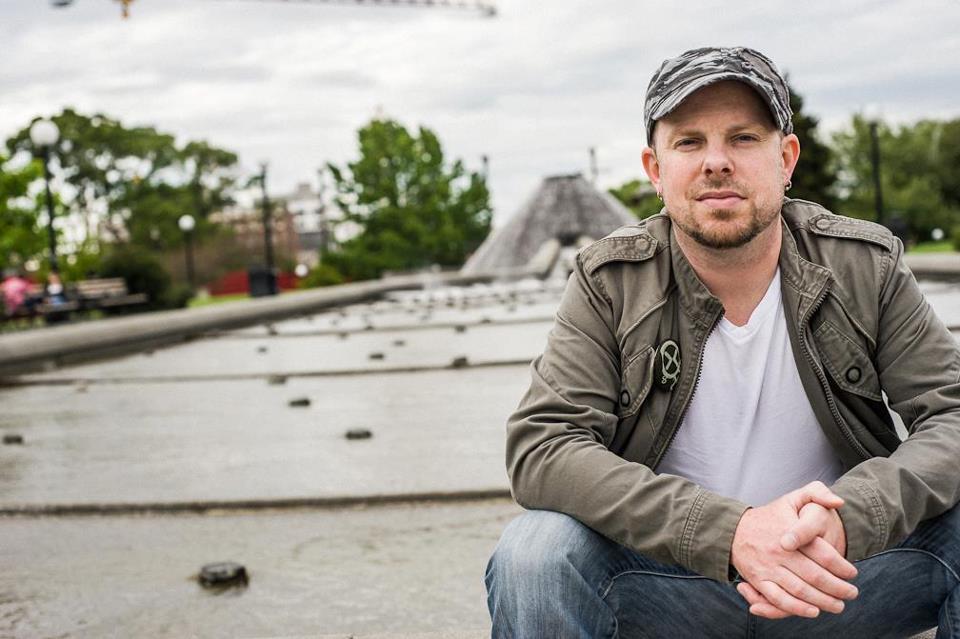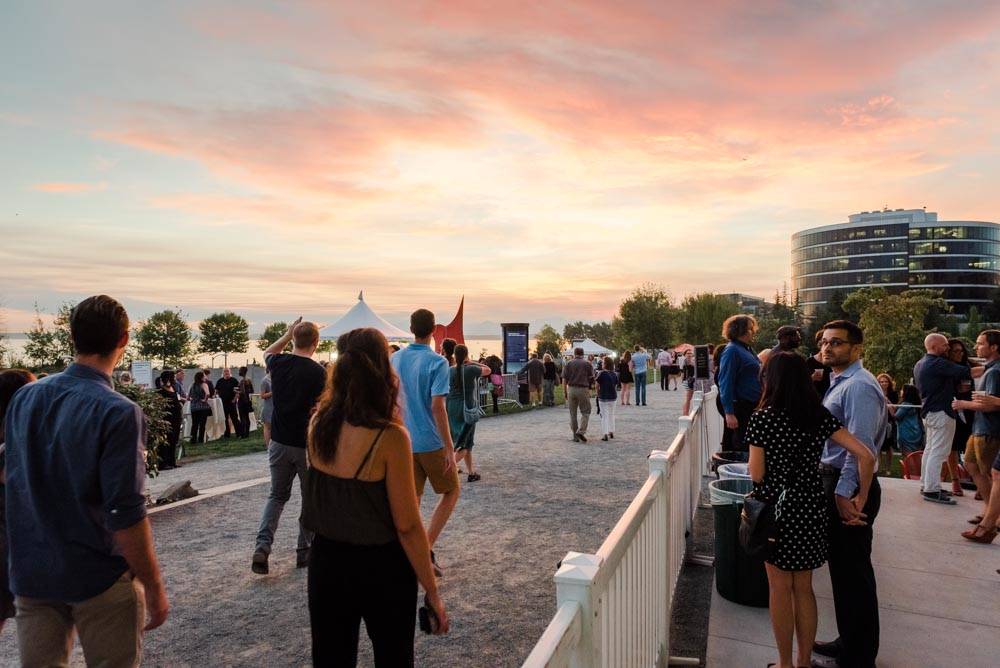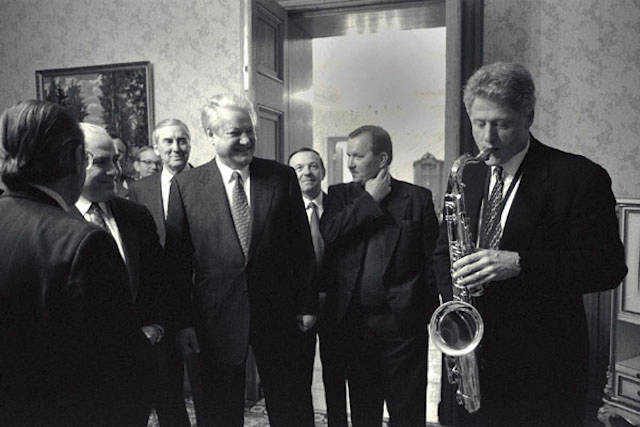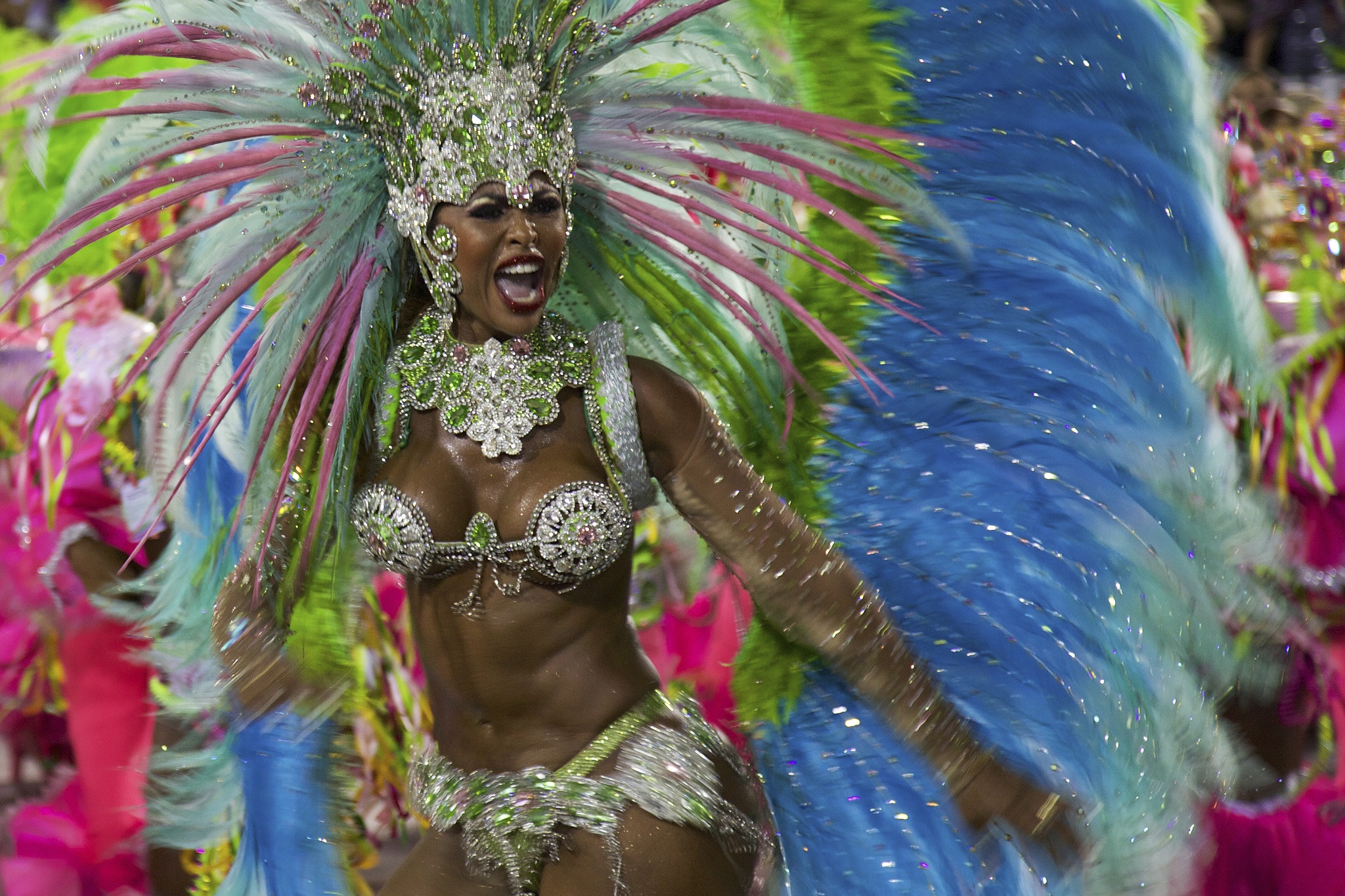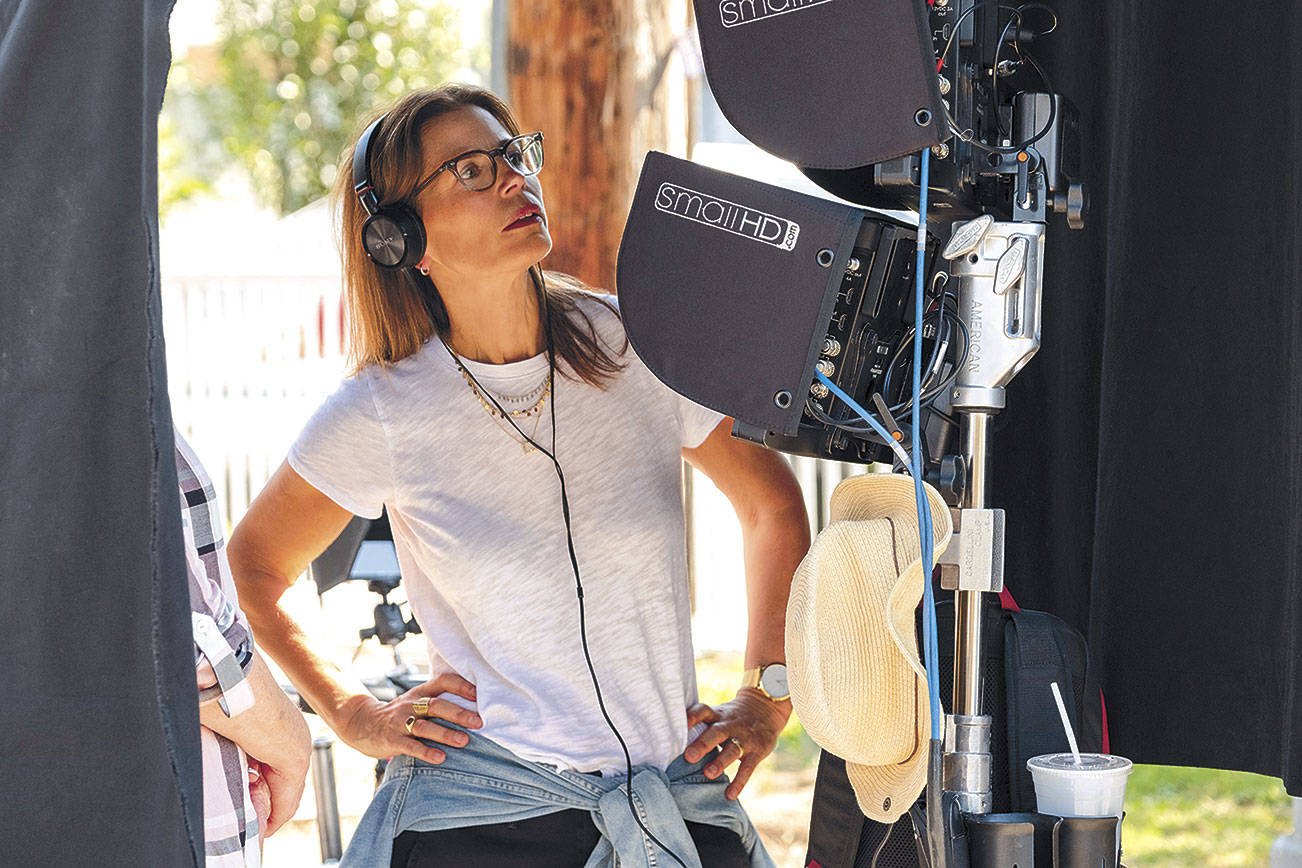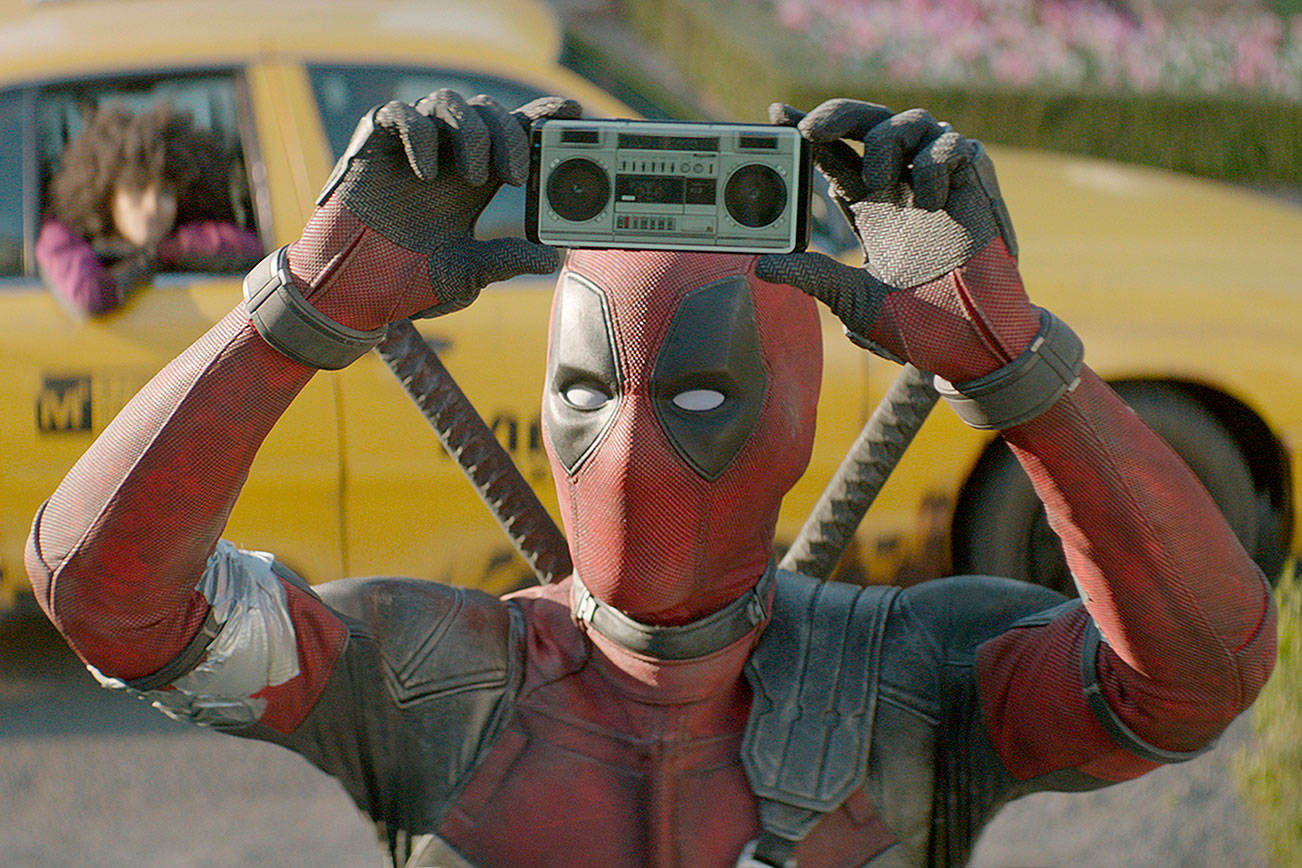When September rolls around, Seattle electronic music fans will face a gaping hole in the calendar when they normally expect to gorge on beats of all shapes and sizes. Decibel, a festival that made the Emerald City a go-to destination for discerning dance music aficionados worldwide, will not be happening in 2016.
The news broke today via a press release issued by Decibel’s founder, curator, and president, Sean Horton. The Detroit-native ended up in Seattle over 20 years ago when his car broke down on an aimless road trip. Since then, he has steadily nurtured a music community in the Pacific Northwest with his vision of a music festival that reflects an existing scene in a vibrant city, rather than a temporary fantasy at a forest getaway. That concept culminated with the formation of Decibel in 2003 after an epiphany at Montreal’s MUTEK—the North American granddaddy of electronic music festivals that take over a city’s existing venues. (The format, needless to say, is much more popular in Europe.)
But for years, Decibel has relied on Horton’s willingness to put his own bank account and credit cards on the line to finance the largely non-commercial affair, as well as the dedication of the event’s all-volunteer staff. The festival secured sponsorships, yes, but not on the scale of behemoth festivals run by companies traded on the New York stock exchange. Such an M.O. was hardly sustainable, and when Horton’s proven track record with Decibel netted him a job offer as global curator for LA-based Red Bull Sound Select, it was an offer too good to turn down.
“Considering the new career path and distance from Seattle, it is with a heavy heart that I am announcing that after 11 straight annual editions, Decibel will be taking an extended break,” the press release stated. “Know that Decibel as an organization will continue and this is temporary and much needed break.”
In the meantime, Horton is adamant that a dearth of Decibel does not mean the death of dance music in Seattle. He points to a legacy of parties, as well as thoughtful, passionate promoters and DJ crews that have passed through Decibel’s ranks in the last decade—Uniting Souls, Substrata, Studio 4/4, Bottom Forty, Shameless, Action Potential, High & Tight, FWD, Flammable, Innerflight and secondnature, to name a few.
“Overall, I feel the level of diversity in terms of talent, venues and audience in Seattle continues to set it apart from other North American cities,” Horton told Seattle Weekly. “It’s true that Decibel did provide a platform that at its core cast an international spotlight on this diversity.”
With that acknowledgment comes some words of wisdom from a veteran who adapted the region’s DIY ethos, forged in punk and indie rock, to the electronic realm. “The key there is the preservation of a grass roots community that places creativity above profitability,” he said. “Luckily, many of the individuals who worked on and/or collaborated with Decibel have gone on create to their own entities that I believe carry that same vision.”
To that end, he cites this past weekend’s TUF Fest, a showcase of and miniature-conference for the city’s female/non-binary/trans electronic musicians, and this fall’s Chance of Rain, a self-described “urban electronic music festival” happening Sept. 29 to Oct. 2 that may be filling the Decibel void, albeit with a very different sound.
